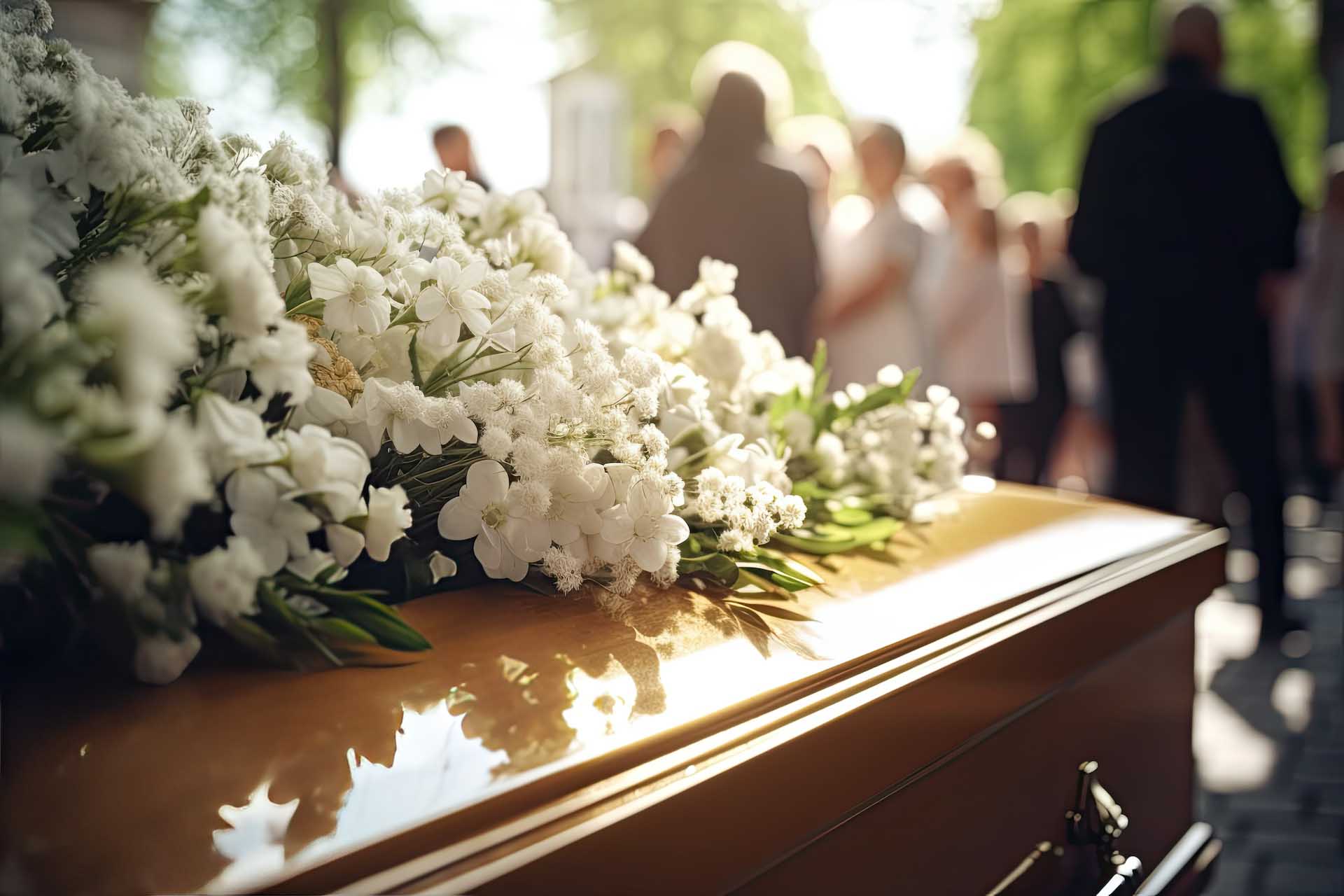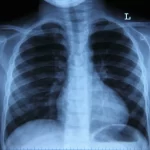Request a Callback
"*" indicates required fields
Mesothelioma in the Army
Mesothelioma is a rare and aggressive cancer caused by exposure to asbestos, which was widely used in the U.S. Army for decades. Army personnel were exposed to asbestos through military vehicles, buildings, and equipment that contained asbestos. Asbestos-containing materials, such as flooring, roofing, wiring, insulation, and brake pads, were prevalent in Army infrastructure and vehicles. Asbestos exposure increases the risk of developing mesothelioma, lung cancer, and other asbestos-related diseases. Given the long latency period of mesothelioma, Army veterans may not develop symptoms until 20-50 years after their service.
Col. Doug Thomas
Col. Doug Thomas, a veteran of the U.S. Army, is one of the many Army personnel who developed mesothelioma due to asbestos exposure during his military service. Like many veterans, Col. Thomas was exposed to asbestos while working on military bases and equipment that used asbestos-containing products. His story highlights the dangers of asbestos exposure and the importance of early diagnosis and treatment.
Are Army Veterans Still at Risk of Developing Mesothelioma?
Yes, Army veterans are still at risk of developing mesothelioma, even decades after their service. Mesothelioma typically develops many years after the initial exposure to asbestos, with symptoms appearing 20-50 years later. Although the military stopped using asbestos extensively in the late 1970s, older buildings, vehicles, and equipment containing asbestos remain in use today, which continues to pose a risk to veterans. Veterans who served in roles involving construction, demolition, vehicle maintenance, and boiler operations are especially at risk.
Benefits for Army Veterans with Mesothelioma
Army veterans diagnosed with mesothelioma may be eligible for a variety of benefits through the U.S. Department of Veterans Affairs (VA). Veterans with a service-connected mesothelioma diagnosis can receive disability compensation at a 100% rating, providing monthly financial support. Veterans may also qualify for medical care, VA pension benefits, and caregiver support. Spouses and dependents of veterans who die from mesothelioma may qualify for Dependency and Indemnity Compensation (DIC).
How Army Veterans Can File a VA Claim for Asbestos
Filing a VA claim for mesothelioma involves proving that asbestos exposure occurred during military service. Veterans will need to provide service records, medical documentation of their mesothelioma diagnosis, and proof of asbestos exposure. VA-accredited claims agents help veterans navigate this complex process and ensure that all necessary evidence is submitted for a successful claim. The VA provides a range of benefits to veterans with asbestos-related diseases, including monthly disability compensation and access to specialized mesothelioma treatment.
Former U.S. Army Capt. Aaron Munz
Capt. Aaron Munz, a former U.S. Army officer, has become a vocal advocate for veterans with mesothelioma. Munz has shared his experience and helped fellow veterans seek compensation for asbestos exposure during their military service. He works with veterans to raise awareness about the risks of asbestos exposure and the legal and medical options available to them.
Asbestos Settlements and Legal Claims for Army Veterans
In addition to VA benefits, Army veterans may also pursue legal claims against asbestos manufacturers. Legal claims can result in significant financial compensation for veterans and their families. Mesothelioma lawsuits can be filed individually or as part of a class action. Experienced mesothelioma lawyers like Serling & Abramson, P.C. help veterans file lawsuits and seek compensation from asbestos trust funds, which were established by bankrupt asbestos companies to compensate victims of asbestos exposure.
Asbestos Exposure in the Army
The U.S. Army used asbestos extensively in vehicles, buildings, and equipment, leading to widespread exposure among service members. Veterans who worked in vehicle maintenance, construction, or demolition are at particularly high risk of asbestos exposure. Asbestos-containing products were used in engine parts, brakes, clutches, insulation, and fireproofing materials. Additionally, asbestos was present in many military bases, including Fort Bragg, Fort Lewis, Fort Hood, Fort Campbell, and Fort Dix, which were constructed with asbestos-containing materials.
Asbestos in U.S. Army Barracks & Bases
Every branch of the military used asbestos throughout its bases, and the U.S. Army was no exception. Our U.S. Army veteran clients with mesothelioma and other asbestos-related diseases have been stationed at bases across the country.
These have included:
- Aberdeen Proving Grounds
- Camp Atterbury
- Camp Beale
- Camp Blanding
- Camp Cook
- Camp Dodge
- Camp Fannin
- Camp Gordon
- Camp Howe
- Camp McCain
- Camp Pendleton
- Camp Roberts
- Camp Stoneman
- Fitzsimons Army Hospital
- Fort Campbell
- Fort Belvoir
- Fort Benning
- Fort Bliss
- Fort Bragg
- Fort Buchanan
- Fort Carson
- Fort Chaffee
- Fort Collins
- Fort Devens
- Fort Dix
- Fort Drum
- Fort Eustis
- Fort Hamilton
- Fort Hood
- Fort Huachuca
- Fort Hunter Liggett
- Fort Indiantown Gap Military Reservation
- Fort Irwin
- Fort Jackson
- Fort Jay
- Fort Knox
- Fort Lawton
- Fort Lee
- Fort Leonard Wood
- Fort Leroy Johnson
- Fort Lewis
- Fort Lewis Army Hospital
- Fort Mason
- Fort McClellan
- Fort McCoy
- Fort Mead
- Fort Monmouth
- Fort Niagara
- Fort Ord
- Fort Pickett
- Fort Polk
- Fort Richardson
- Fort Riley
- Fort Roberts
- Fort Rucker
- Fort Sam Houston
- Fort Sheridan
- Fort Sill
- Fort Smith
- Fort Snelling
- Fort Stewart
- Fort Thomas
- Murphy Army Hospital
- Oakland Army Base
- U.S. Army Armory
- U.S. Army War College/Carlisle Barracks
Highest-Risk Army Occupations
Some Army jobs posed a higher risk of asbestos exposure than others. Veterans who worked in the following roles are at the highest risk of developing mesothelioma:
- Construction Workers: Exposed to asbestos during the construction, maintenance, and demolition of Army buildings.
- Vehicle Mechanics: Handled asbestos-containing brake pads, clutches, gaskets, and engine components.
- Boiler Technicians: Worked with asbestos-insulated boilers and heating systems.
- Electricians and Welders: Exposed to asbestos while working with electrical insulation and welding equipment.
Asbestos Products Used in the Army
The Army used a wide range of asbestos-containing products throughout its operations. These included:
- Vehicle parts: Brakes, clutches, gaskets, and engine components.
- Construction materials: Insulation, roofing, floor tiles, cement, and wiring.
- Fireproofing materials: Asbestos was used to fireproof buildings and equipment.
- Boilers and heating systems: Asbestos insulation was commonly used in boilers, pipes, and heating ducts.
Army personnel who worked with or around these products were at risk of asbestos exposure. Even Army members not directly involved in handling asbestos materials may have experienced secondary exposure by coming into contact with contaminated uniforms or equipment.
Conclusion
Army veterans who were exposed to asbestos during their military service may be at risk of developing mesothelioma or other asbestos-related diseases. Veterans are eligible for VA benefits, including disability compensation and medical care, and may also seek legal compensation through mesothelioma lawsuits. Working with an experienced mesothelioma lawyer is crucial for veterans to ensure they receive the compensation and benefits they deserve.
If you or a loved one has been diagnosed with mesothelioma and served in the U.S. Army, it’s important to explore your legal options and potential VA benefits. Contact Serling & Abramson, P.C. today for a free case evaluation. The fight against mesothelioma is long and difficult, but with the right support and resources, veterans can receive the care and compensation they need to improve their quality of life.
US Army FAQs
How were Army Veterans exposed to asbestos in military equipment and products?
What are the potential health risks for Army veterans exposed to asbestos?
Which occupations within the Army faced significant risk of asbestos exposure?
What is the VA rating for mesothelioma?
How much compensation for death from mesothelioma?
Who is eligible for mesothelioma compensation?
Is there compensation for mesothelioma?
News Articles
Industries We Represent
Endorsed by Plumbers Local 98
Areas Of Practice & Expertise
150+ Years Combined Experience
About Us
The Serling & Abramson law firm was founded in 1970 by Michael B. Serling. Mr. Serling was the first attorney in Michigan to file a wrongful death action on behalf of the family of a mesothelioma victim. In 1975, a young widow of an asbestos insulator contacted Mr. Serling concerning her husband who had died at age 52. She was left with two young children and was trying to raise them on a $4 per hour job. The extremely gratifying feeling of success in prosecuting the case and securing a sizable settlement for the widow and her children inspired Mr. Serling to continue this work.
Michael soon realized that it was more than just asbestos insulators who were falling victim to asbestos-related diseases. It soon became apparent that mesothelioma and lung cancer were occurring in virtually every building trade and many industrial settings. He dedicated his career to securing justice for all victims affected by asbestos exposure. Today, over 50 years later, Serling and Abramson are still representing victims of asbestos-related diseases, such as mesothelioma, lung cancer, and asbestosis.
Read More

























